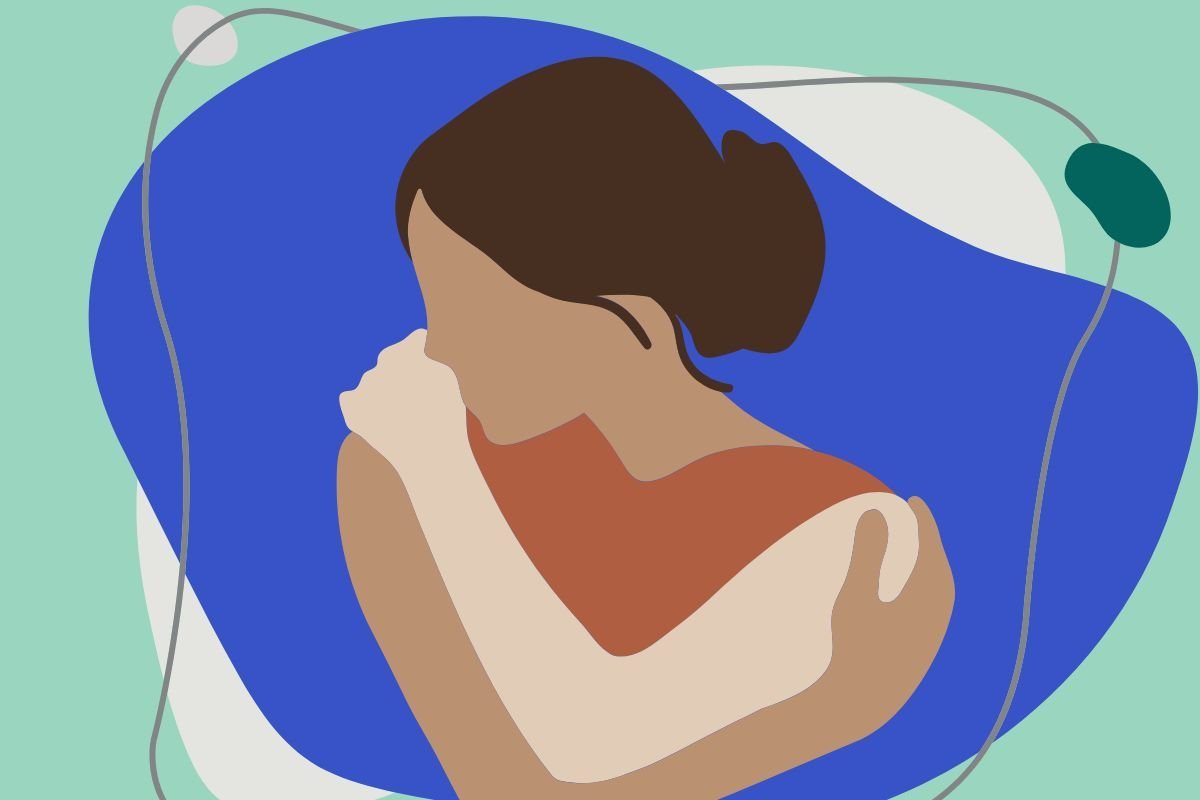10 Self-Care Tips for Parents of NICU Grads
We know, we know—when you’re a parent of a NICU grad, it can seem like everybody’s telling you to do self-care. How many times has someone told you to “take care of yourself so you can take better care of your child,” or to “put on your own oxygen mask first”? It’s well-meaning advice—self-care is really important—but how are you supposed to get it done between all your other responsibilities?
That’s where this list comes in. We’re counting down 10 simple and relatively quick ways to check in with yourself, soothe and center your mind, and share your load with your community. Find one that works for you, practice it until it’s a habit, and then tackle the next one on the list.
Prioritize Rest
Finding time to sleep or just let your body sit for a moment can be difficult when you’re in the throes of parenting. But your body and mind need time to recover from the stress and exhaustion of the NICU experience. In fact, studies have proven that getting enough sleep can alleviate mental health issues like anxiety and depression, so it’s worthwhile to make rest a top priority. Do what you need to do to get around 8 hours of sleep per day, whether it’s leaving the dishes in the sink until the morning or asking a friend or family member to care for your child while you take a nap. Speaking of which….Delegate Responsibilities
It can be difficult to let go of the jobs and tasks you do to keep your child healthy, especially for parents of NICU grads who’ve spent too many sleepless nights worrying about their baby’s health. But the phrase “It takes a village” is especially true when your child needs more care than the average kid. So today, think of one task, big or small, that you can delegate to a family member, friend, or hired professionals—and then ask for help with it. Lightening your workload will give you more time to focus on self-care and bonding with your baby.Seek Support
The first weeks and months of parenthood can feel isolating, especially for parents of NICU grads—and feeling alone leads to stress. So reach out to support groups or online organizations to connect with other parents who have gone through a similar experience. In fact, why not pencil in NICU Alumni’s next support group meeting on your calendar right now? Sharing your feelings and concerns with others who understand can be immensely helpful.Practice Mindfulness
“Wait, are they really telling me to meditate when I have so much to do?” Well, yes. It seems simple, but even a minute or two basic breathing exercises throughout the day can do wonders to reduce stress and anxiety. If you’re new to mindfulness practices, start with a simple 4-count exercise:Breathe in slowly while you count to 4.
Hold your breath while you count to 4.
Breathe out slowly while you count to 4.
Hold again for 4 counts.
Set a timer for 1-2 minutes and repeat that sequence, and at the end of it, we bet you’ll feel a lot more peaceful!
Stay Active
No, you don’t have to spend hours at the gym each day, but incorporating gentle exercises into your routine, such as walking or yoga, can release tension and increase your endorphin levels. Physical activity can also help you regain strength and improve your mood. If you’re still recovering from childbirth, talk to your doctor about what exercises are best for you—and then get out there and do them!Consider Therapy
The NICU experience can be traumatic for parents, and often, that trauma doesn’t go away when you’ve left the hospital. So consider speaking with a therapist or counselor who specializes in post-NICU experiences. They can provide valuable guidance and support as you navigate the challenges of parenthood after the NICU.Celebrate Milestones
Every child deserves to be celebrated for their progress—and every parent deserves to share their pride in their kid with the world. So acknowledge and celebrate the milestones your baby achieves. These victories, no matter when they happen or how small they might seem, are significant, and honoring their progress can bring you joy and a sense of accomplishment. This is why you’ve been working so hard for them, after all!Practice Self-Compassion
Say it with us: You are the best parent for your child. Now say it again. Sometimes you’re going to make a parenting mistake. Sometimes you’re going to have difficult emotions that make you question yourself. Remember to treat yourself like you’d treat your closest friend: Be kind to yourself. Take pride in knowing you’re doing your best, even when things get tough. And avoid comparing yourself to others, because—yep, we’re saying it again—no one else is a better parent for your child than you.Engage in Activities You Enjoy
Feeling lost in a sea of diapers and bottles? It might be time to remind yourself who you are apart from your parenting responsibilities. Whether it's reading a book, listening to music, or engaging in a hobby, doing things you love, even for just a few minutes, can help you recharge and find balance. Not sure how to find the time? Refer to item #4 above.Keep a Journal
Consider keeping a journal to express your thoughts, feelings, and experiences. Writing can be cathartic and provide an outlet for processing emotions and reflecting on your journey. You don’t have to let anyone read what you write, so let it all out! In time, it may be healing to look back at what you were feeling and experiencing to see how far you and your child have come.
What self-care tips have helped you on your journey? Share them with us @nicu_alumni! We’d love to hear from you and share your knowledge with our community.

